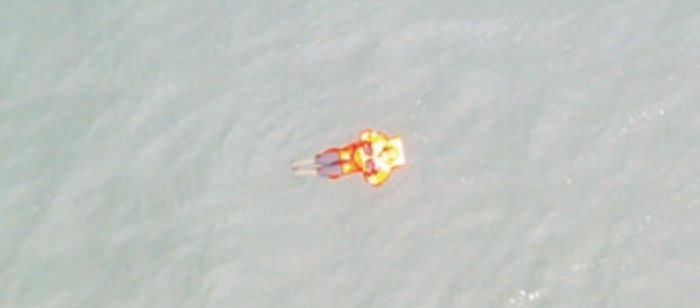During August, Germany and Denmark conducted oil spill response exercises to excel their response on an accident that could lead to a huge environmental disaster; To assist the exercise, EMSA participated, providing authorities with live feed footage from lightweight Remotely Piloted Aircraft Systems (RPAS).
In late December 2018, EMSA signed four contracts for maritime surveillance services based on remotely piloted aircraft systems, as the demands on surveillance were increased. This service is characterised by an automatic observation pattern navigation for target tracking and identification of potential polluters, and for oil spill characterisation -size, thickness, subparts, etc.- using the appropriate sensors.
Specifically, oil pollution is amongst the most crucial damages that the environment can be affected from, while leakages, as the most common form of oil pollution, occur in large quantities on a regular basis.
[smlsubform prepend=”GET THE SAFETY4SEA IN YOUR INBOX!” showname=false emailtxt=”” emailholder=”Enter your email address” showsubmit=true submittxt=”Submit” jsthanks=false thankyou=”Thank you for subscribing to our mailing list”]
Concerning the exercise, Germany conducted the ‘Rostock’ exercise on August 15, including a search and rescue operation and an oil spill response support. EMSA’s RPAS was able to detect a simulated spill (using popcorn) and to locate a man overboard through its optical and infrared sensor.
Also, the BALEX DELTA exercise on 27-29 August in Rønne, Denmark, included an open vessel and an equipment showcase event. During the exercise, the operation of the RPAS was conducted ashore, with a flight demonstration over Rønne Harbour to show the aircraft’s capabilities as a support tool for OPR. The lightweight RPAS used in both exercises was the Indago vertical take-off and landing model.






























































